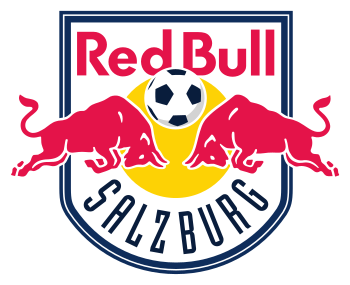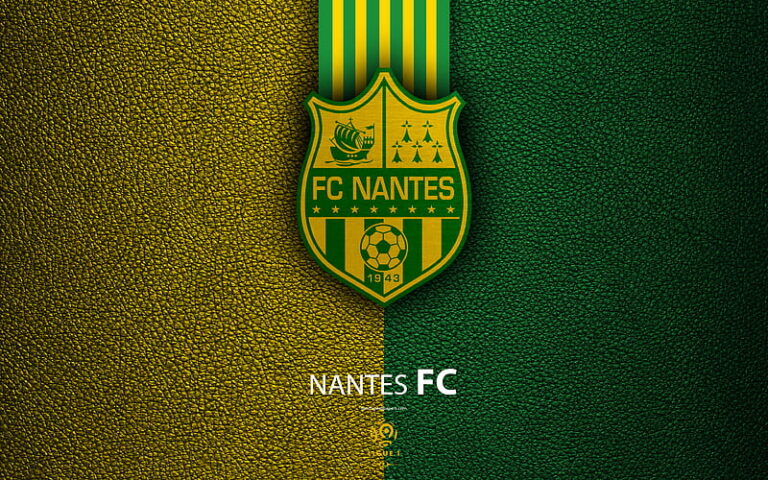
FC Salzburg
FC Salzburg, renowned as Austria’s flagship football club, has established itself as a powerhouse both domestically and in European competitions. Known for its dynamic playing style, talented squad, and innovative management strategies, FC Salzburg continues to captivate fans and analysts alike. This article delves deeply into the club’s history, its tactical evolution, youth development programs, financial strategies, and its role in shaping modern Austrian football.
The Historical Evolution and Foundations of FC Salzburg
Understanding FC Salzburg begins with exploring its roots, historical milestones, and the cultural significance it holds within Austria. As one of the most successful clubs in the country, its journey from humble beginnings to continental prominence exemplifies resilience, strategic vision, and a commitment to excellence da88.
Origins and Early Years
The origins of FC Salzburg trace back to the early 20th century, but the club officially adopted its current identity in the late 20th century. Originally established as a local team representing the city of Salzburg, it faced numerous challenges including financial difficulties and competition from more established clubs.
The pivotal moment came when the club rebranded in the late 1980s, adopting a new philosophy centered around youth development and aggressive scouting. This period laid the groundwork for what would become a national powerhouse. The club’s early years were marked by regional successes, but it was their strategic investments in infrastructure and talent that set the stage for future dominance.
Rise to Domestic Supremacy
In the 2000s, FC Salzburg began asserting its dominance over Austrian football. Winning multiple Austrian Bundesliga titles consecutively, it shifted from an underdog to a formidable force. Key factors included innovative coaching, data-driven tactical adjustments, and a focus on nurturing young talent through their academy.
This era also saw the club establishing a distinctive playing style characterized by high pressing, quick transitions, and technical prowess. Their domestic success cemented their reputation, but they refused to rest on laurels, aiming instead to translate this success onto the European stage.
Key Moments and Turning Points
Several key moments defined FC Salzburg trajectory—highlighting their resilience and strategic vision. Notably:
- The signing of pivotal players who became club legends
- Strategic partnerships with international clubs
- Breakthrough performances in UEFA competitions
These moments not only increased the club’s visibility but also attracted global attention, paving the way for their subsequent European campaigns.



